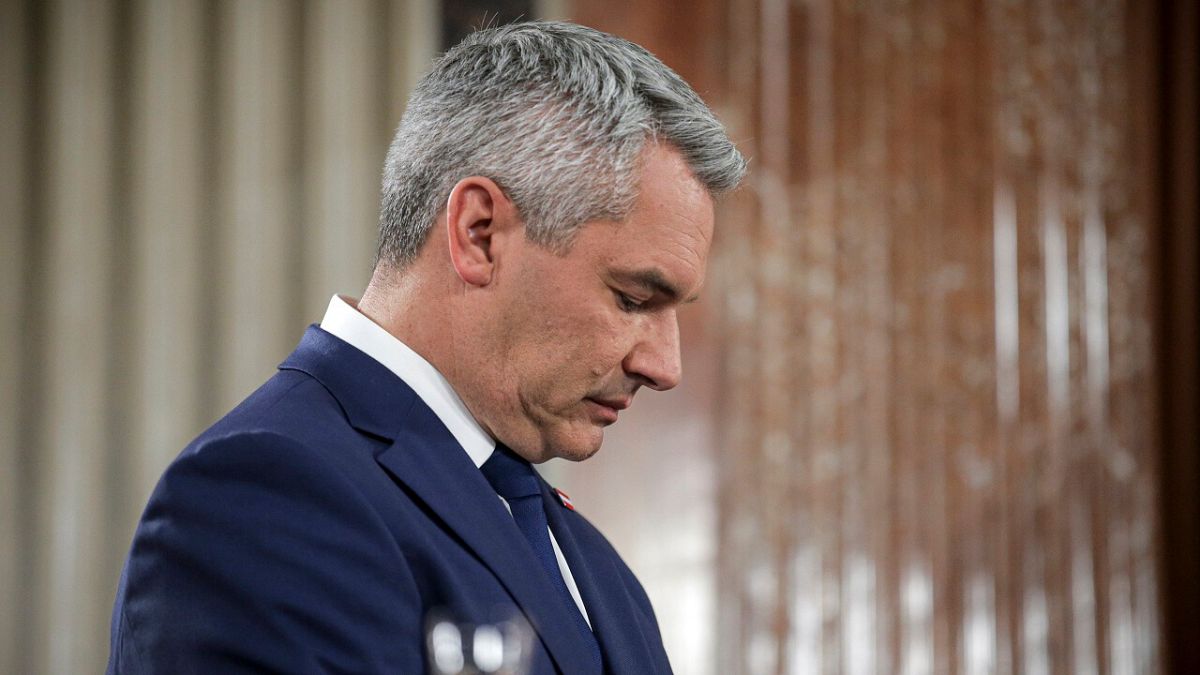Investors in failed property empire Du Val Group are owed around $41 million, and it’s been revealed they are unlikely to get much of that money back.
The group was placed into statutory management last month, as authorities became increasingly concerned about its “significant liabilities”, not long after it was placed into interim receivership by the High Court.
The Du Val empire comprised of a network of four core Du Val corporations, 20 associated limited partnerships, and 46 subsidiaries.
The group was founded and controlled by socialite couple Kenyon and Charlotte Clarke.
A lengthy report released yesterday by PwC, the statutory managers who now control Du Val, have untangled what they’ve called the “financial spaghetti” surrounding the various entities involved.
They say Du Val owes at least $237 million to several lenders, tradies, investors, and others.
Among them is handyman Wayne Matson, who was hired by Du Val to carry out maintenance at its various properties.
He said while he’s only owed $1000, he’s lost a lot of work.
“My other big concern was the people I was dealing with and how they were faring in this whole thing, you know? The employees.”
PwC business restructuring services leader John Fisk said the “major question” right now is “what’s going to be the recovery for creditors”.
“We can’t give an exact estimate of that at the moment.”
First to be owed is secured creditors with $170 million, followed by employees, who are owed $83,000. The tax department, meanwhile, is owed $7.5 million. Unsecured creditors – including tradies, among others – are owed $18 million. The final ranking includes 150 investors who are owed $41 million.
Some investors have told 1News they’re concerned the statutory management means they are less likely to receive their money than in an ordinary insolvency.
Fisk said a return of funds will depend on “where the investors have put their money”.
“Some may get a better return than others, some may get nothing at all,” he said.
He said it would be “absolutely gut-wrenching” for some investors.
“It is a very tough time, particularly if it’s your life savings that you put into this.”
Some developments are continuing while others may be sold as investigations continue.
“There are various powers that we have to compel people to answer questions if we need to,” Fisk said.
In the meantime, those owed money are left in limbo.
“Not keeping my fingers crossed or thinking I’m going to bank it next week,” Matson said.













